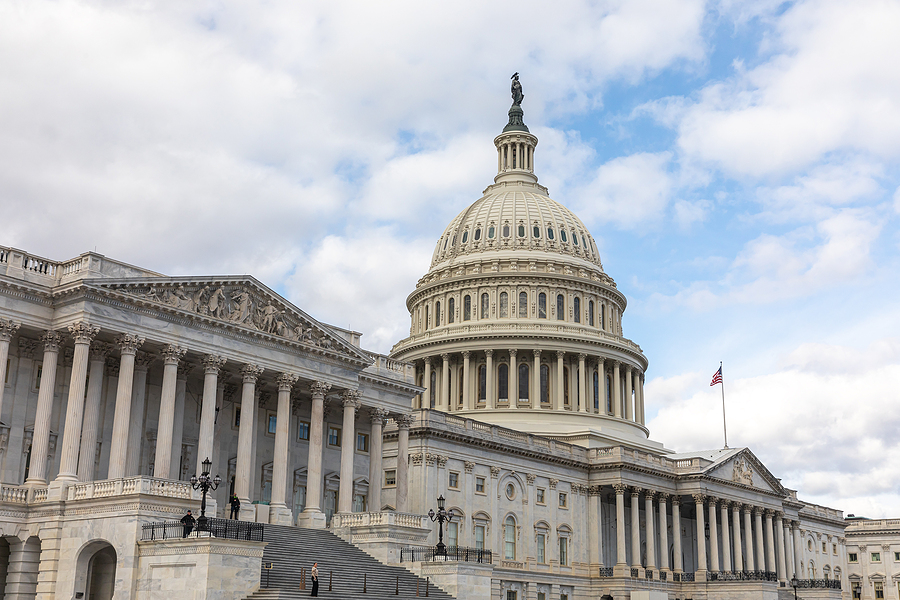
Nation’s Capital Proposes New Bill
In 2021, many states brought forth important legislation with the desire to address some of the foremost issues facing recycling today. Including low recycling rates, restricted funding for education and infrastructure, fluctuating market values for recyclables, and an upsurge in single-use plastics. With high hopes for further progress this year, legislators have returned with several similar bills intended to build on the successes of the past season.
Next week, officials in Washington, D.C. will meet to discuss revisions to the city’s extended producer responsibility program (EPR), specifically pertaining to electronic items. Legislation has been proposed that would impact the existing plan and its parameters.
Proposal B24-1000 aims to revise the electronics recycling program and modify the existing battery recycling law within the area. There are approximately 690,000 citizens in this district, and these changes have been proposed by the Department of Energy and the Environment, responsible for implementing such laws.
This bill would introduce several changes to the existing e-scrap program. Manufacturers with fewer than 100 units of covered electronic equipment sold within the previous year would be exempt from the regulations. It would also adjust the timeline by which manufacturers must turn in their stewardship registration applications. Also, public outreach and awareness requirements would be expanded for OEMs.
Potential Battery Disposal Ban
With a tentative August 1st, 2023 effective date, this bill would create a ban on unregulated battery disposal. To facilitate its implementation, battery stewardship organizations would be required to develop strategies that address waste management issues in communities where environmental justice is a concern. Regulators would be empowered with more authority to revoke registration of those who do not adhere to approved collection and recycling plans, as well as change several key dates and timelines.
Batteries are the leading cause of fires in the waste stream and pose safety risks when improperly disposed of. A 2018 survey of recycling facilities by the California Product Safety Council found that 83 percent of 26 facilities had a fire in the two years prior, and 65 percent of them were caused by batteries. A study in MDPI by Austrian professors found that, amid increased numbers of fires and significant potential for damage, “No other substance or material has ever comparably endangered the whole waste industry” as discarded portable batteries. These issues could be greatly helped if the proposed bill is passed.
On September 19th, the legislation was presented, and will be up for discussion in an open hearing on October 27th at 11am Eastern Time.
EPR Programs for the Future
Every year in America, over 6 million tons of electronic waste are produced. E-waste often ends up in landfills, which damages the environment, due to the presence of hazardous substances like lead and cadmium. E-waste contains many valuable resources, with an estimated collective worth of around $65 billion. However, only one fifth of electronic waste is recycled.
The National Center for Electronics Recycling (NCER) has created an interactive map that reveals the laws on electronics recycling in 25 U.S. states and the District of Columbia. This guide provides a concise overview as well as links to the relevant laws with coinciding implementation dates. Further information on state electronics law is available through NCER’s website.
EPR programs are an essential component of creating a sustainable and ecologically responsible future. By encouraging the manufacturing of these products, not only can more recycled materials be utilized in supply chains, but it helps to build the foundation of a circular economy. All while paving the road for times ahead.
